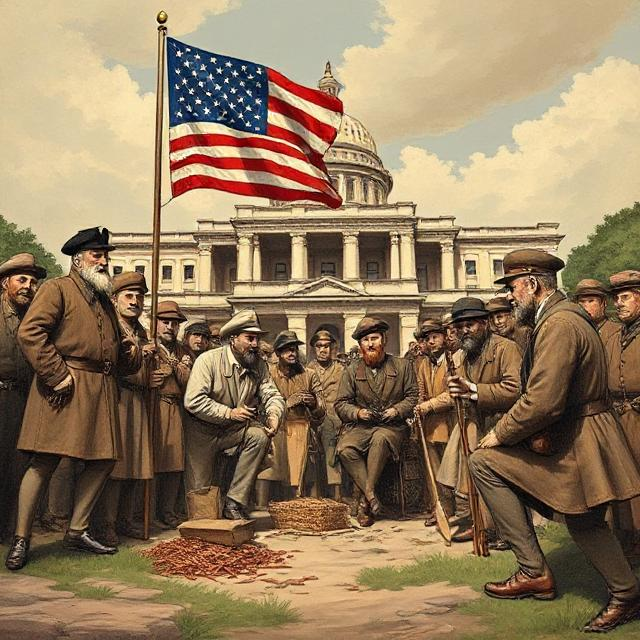The field of history is vast and diverse, encompassing numerous areas of study, each with its own scholars and historians who have contributed significantly to our understanding of the past. This comprehensive overview categorizes historians based on their areas of expertise, highlighting their contributions and the impact of their work on the field of history. By examining the works of these historians, we can better appreciate the complexities of human experiences and the multifaceted nature of history.
Ancient History
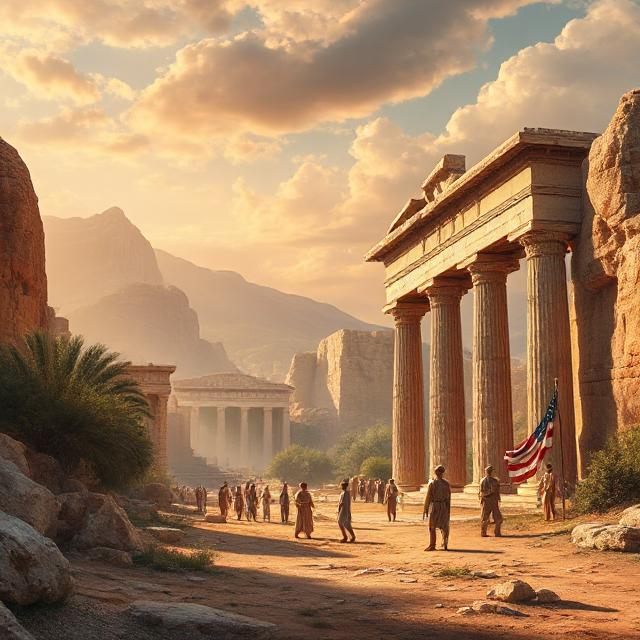
Historians
Herodotus (c. 484–425 BC): Often referred to as the “Father of History,” Herodotus was an ancient Greek historian who wrote “Histories,” documenting the Greco-Persian Wars. His narrative not only recounts events but also provides insights into the customs, beliefs, and cultures of various peoples, making him one of the first historians to consider the broader context of historical events. Herodotus’s work is characterized by its rich storytelling and inclusion of diverse perspectives, which set a precedent for future historians.
Thucydides (c. 460–c. 400 BC): A contemporary of Herodotus, Thucydides is known for his work “History of the Peloponnesian War,” which provides a detailed, analytical account of the conflict between Athens and Sparta. Thucydides emphasized factual accuracy and critical analysis, focusing on the political and military aspects of history. His method of inquiry laid the groundwork for modern historiography, as he sought to understand the underlying causes of events rather than just their outcomes.
Contributions
The contributions of these ancient historians laid the groundwork for historical methodology, emphasizing the importance of evidence, critical analysis, and narrative structure. Their works continue to be foundational texts in the study of ancient civilizations, influencing how history is taught and understood today. They introduced the idea that history should be based on empirical evidence and firsthand accounts, which remains a fundamental principle in historical research.
Medieval History
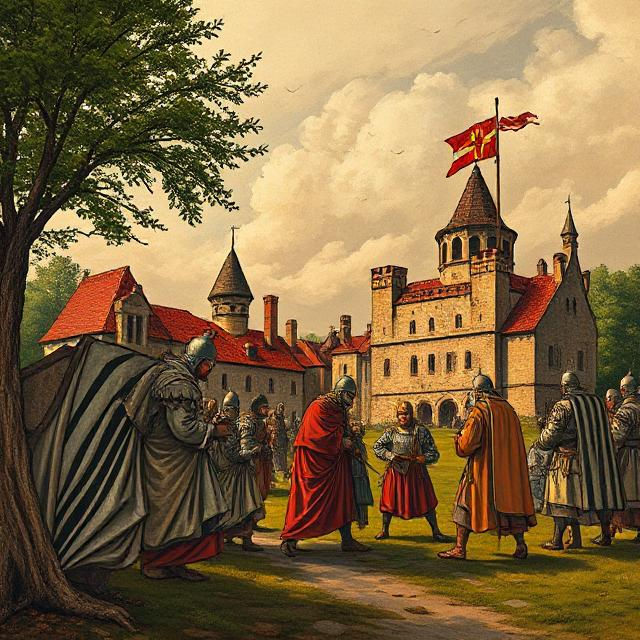
Historians
Eusebius of Caesarea (c. 260–c. 340 AD): Known as the “Father of Church History,” Eusebius documented the early Christian church’s history in “Ecclesiastical History.” His work provides valuable insights into the development of Christianity, its relationship with the Roman Empire, and the challenges faced by early Christians. Eusebius’s emphasis on theological context helps readers understand the significance of historical events in shaping religious beliefs.
Geoffrey of Monmouth (c. 1100–c. 1155): His work “Historia Regum Britanniae” (History of the Kings of Britain) blended history and legend, influencing the perception of British history and the Arthurian legend. Geoffrey’s narrative helped shape national identity and cultural memory in medieval England, intertwining historical events with mythological elements to create a compelling story of British heritage.
Contributions
Medieval historians contributed to the understanding of the church’s influence on society, the evolution of political structures, and the cultural exchanges between different civilizations during the Middle Ages. They explored themes of faith, power, and identity, providing a richer understanding of the medieval world. Their works often reflect the complexities of societal norms and the impact of religious institutions on governance and daily life.
Renaissance History
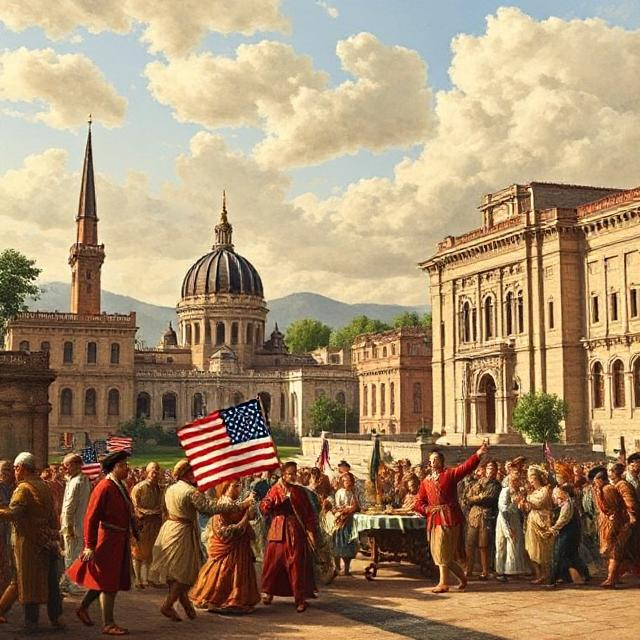
Historians
Francesco Guicciardini (1483–1540): An Italian historian and contemporary of Machiavelli, Guicciardini wrote “History of Italy,” offering a detailed account of Italian politics and society during the Renaissance. His analytical approach and emphasis on political realities made his work significant in the study of statecraft. Guicciardini’s writings reflect the tumultuous political landscape of Italy, characterized by city-states, foreign invasions, and shifting allegiances.
Jacques-Bénigne Bossuet (1627–1704): A French bishop and historian, Bossuet is known for his work “Discours sur l’histoire universelle,” which sought to understand history through a theological lens. He argued that history is the unfolding of divine providence and emphasized the moral lessons to be learned from the past. Bossuet’s perspective highlights the interplay between religion and history, illustrating how theological interpretations shaped historical narratives.
Contributions
Historians of the Renaissance emphasized humanism, turning their focus toward individual agency and the complexities of political and social life. Their works influenced the development of modern historical thought, encouraging a more critical examination of sources and a deeper understanding of human motivations. They also contributed to the revival of classical learning, which shaped educational curricula and intellectual discourse in Europe.
Early Modern History
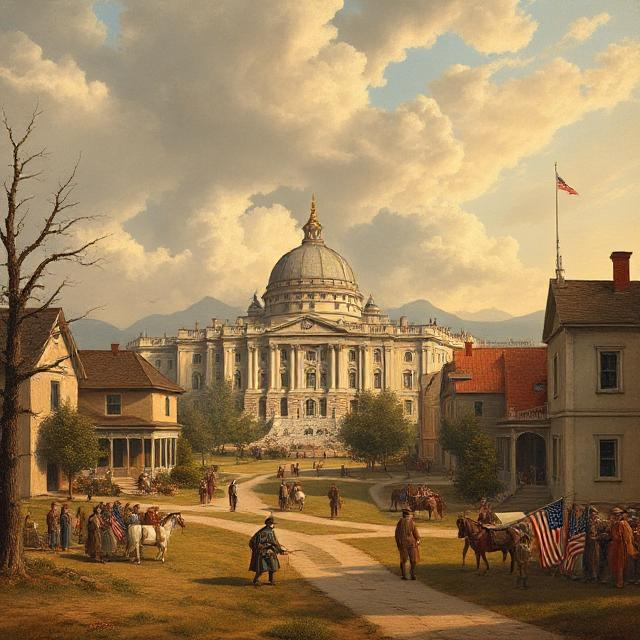
Historians
Edward Gibbon (1737–1794): Author of “The History of the Decline and Fall of the Roman Empire,” Gibbon’s work is notable for its critical approach and narrative style, examining the reasons for the empire’s decline. He analyzed factors such as economic troubles, military failures, and the rise of Christianity, offering a comprehensive view of the complexities surrounding the fall of one of history’s greatest empires.
Leopold von Ranke (1795–1886): A German historian, Ranke is often regarded as the founder of modern historical scholarship. He emphasized the importance of primary sources and objectivity in historical writing, advocating for a rigorous approach to understanding the past. Ranke’s belief that history should be written “as it actually happened” set a standard for historical inquiry that remains influential today.
Contributions
These historians helped shape the methodology of history as a discipline, advocating for rigorous research standards and a critical approach to sources. Their emphasis on empirical evidence laid the foundation for modern historiography, influencing how history is studied and understood today. They also contributed to the professionalization of history as a field, establishing criteria for historical writing and analysis.
American History
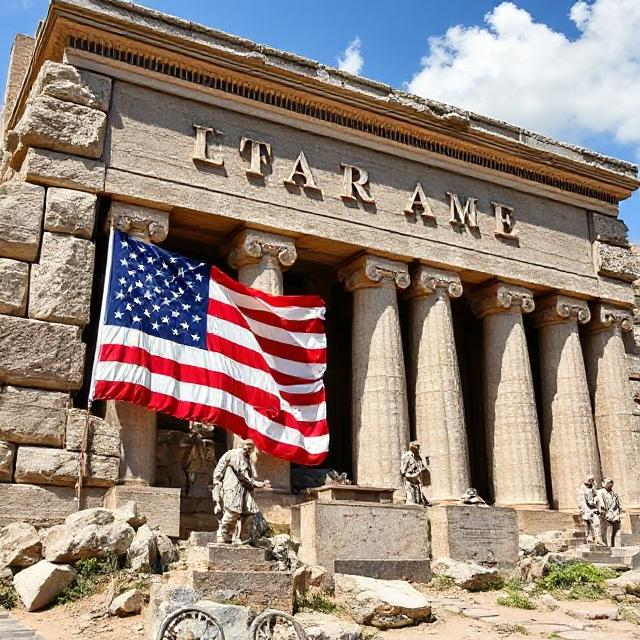
Historians
Howard Zinn (1922–2010): Author of “A People’s History of the United States,” Zinn’s work presents history from the perspective of marginalized groups, challenging traditional narratives and highlighting social justice issues. His approach has inspired a generation of historians to consider alternative viewpoints and recognize the contributions of those often overlooked in mainstream historical accounts.
David McCullough (1933–Present): A Pulitzer Prize-winning historian, McCullough is known for his accessible narratives on American history, including works like “John Adams” and “1776,” which bring historical figures to life. His storytelling approach has made history engaging for a broad audience, emphasizing the human experiences behind historical events.
Contributions
American historians have explored the complexities of the nation’s past, addressing themes such as democracy, civil rights, and the experiences of diverse populations. Their works have influenced public understanding and education regarding American history, helping to shape national identity and collective memory. By examining the experiences of various groups, they have contributed to a more inclusive understanding of what it means to be American.
World History

Historians
Fernand Braudel (1902–1985): A French historian associated with the Annales School, Braudel’s work emphasized long-term social, economic, and environmental factors in history, particularly in his seminal work “The Mediterranean and the Mediterranean World.” His approach challenged traditional historical narratives focused solely on political events, advocating for a broader understanding of historical processes.
Eric Hobsbawm (1917–2012): A British historian known for his analysis of the modern world, Hobsbawm’s works, including “The Age of Revolution” and “The Age of Extremes,” examine the impact of industrialization, nationalism, and globalization. His Marxist perspective provided a critical lens through which to view historical developments, emphasizing the interconnectedness of global events.
Contributions
World historians have broadened the scope of history, emphasizing interconnectedness and global perspectives. They challenge Eurocentric narratives and highlight the complexity of human experiences across cultures and regions, providing a more comprehensive understanding of global history. Their work encourages a more nuanced view of history that recognizes the influences of trade, migration, and cultural exchange.
Social History
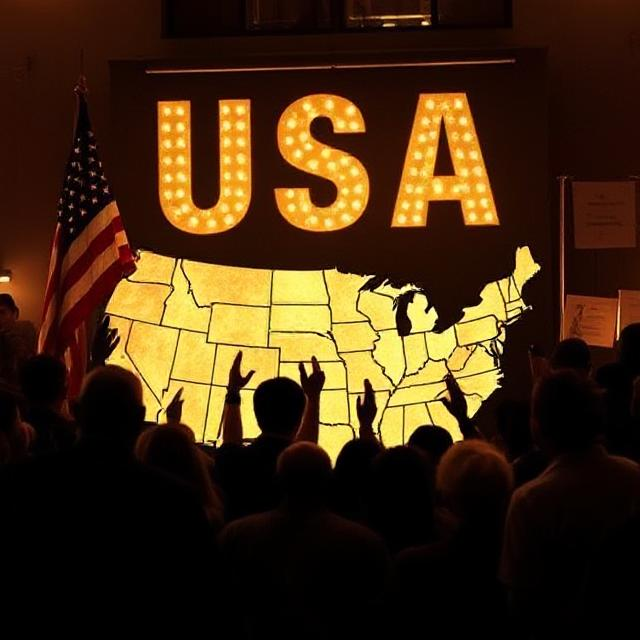
Historians
E.P. Thompson (1924–1993): An English historian and social activist, Thompson is best known for “The Making of the English Working Class,” which chronicles the experiences and agency of working-class people during the Industrial Revolution. His work emphasized the importance of social movements and collective action, providing a voice to those often marginalized in historical accounts.
Natalie Zemon Davis (1928–Present): A prominent social historian, Davis’s work focuses on early modern France and the lives of women, exploring themes of gender, culture, and identity in her book “The Return of Martin Guerre.” Her narrative style brings historical figures and their experiences to life, illustrating the complexities of social dynamics.
Contributions
Social historians have shifted the focus of history from political elites to the experiences of ordinary people, emphasizing social structures, class, gender, and cultural practices. Their work has enriched the understanding of everyday life throughout history, revealing the dynamics of power and resistance. By highlighting the role of social movements and grassroots activism, they have broadened the scope of historical inquiry.
Cultural History
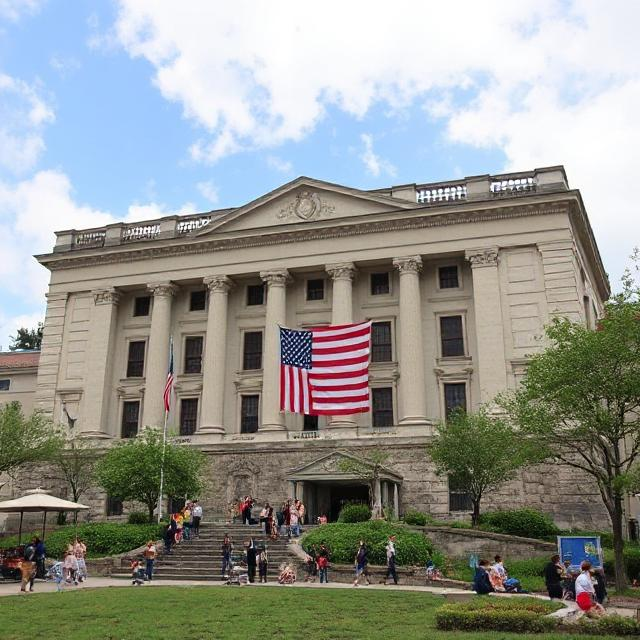
Historians
Peter Burke (1937–Present): A British historian, Burke’s work has explored the relationship between culture and history, particularly in his book “What is Cultural History?” which examines how cultural practices shape historical narratives. He advocates for interdisciplinary approaches to understanding the past, integrating insights from anthropology, literature, and art history.
Robert Darnton (1939–Present): An American cultural historian, Darnton’s research focuses on the history of the book and the impact of literature on society, particularly in his work “The Great Cat Massacre,” which analyzes the cultural significance of an event in 18th-century France. His work emphasizes the role of popular culture in shaping public consciousness.
Contributions
Cultural historians analyze the interplay between culture and historical events, examining how art, literature, and popular culture reflect and shape societal values. Their work has expanded the definition of history to include cultural phenomena, enriching our understanding of human experience. By exploring the cultural dimensions of history, they help illuminate the ways in which culture influences social and political developments.
Economic History
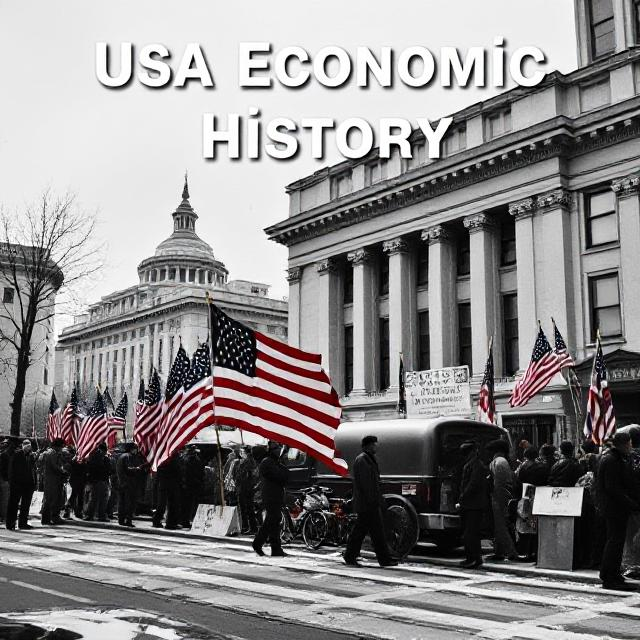
Historians
Karl Marx (1818–1883): A philosopher and economist, Marx’s historical analysis of capitalism and class struggle in works like “The Communist Manifesto” and “Das Kapital” profoundly influenced economic history and social theory. His critique of capitalism continues to resonate in contemporary discussions about inequality and class dynamics, providing a framework for understanding economic systems.
Douglass North (1920–2015): An American economist and historian, North’s work focused on the role of institutions in economic development, earning him the Nobel Prize in Economic Sciences in 1993. His analysis of how institutions shape economic performance has been foundational in the field of economic history, influencing policy discussions and economic theory.
Contributions
Economic historians examine the relationships between economic systems, social structures, and historical events. Their work sheds light on how economic factors influence political and social change, providing insights into the development of societies over time. By studying the economic dimensions of history, they help to explain the causes and consequences of historical events.
Gender History
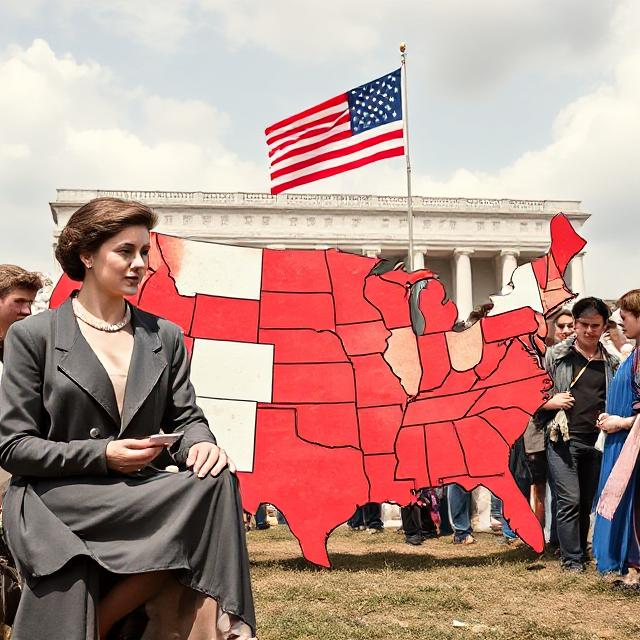
Historians
Joan Scott (1941–Present): A pioneering gender historian, Scott’s influential essay “Gender: A Useful Category of Historical Analysis” challenged traditional historical narratives and emphasized the importance of gender as a category of analysis. Her work has inspired a generation of historians to consider how gender shapes historical events and experiences, highlighting the intersections of gender with race, class, and sexuality.
Gerda Lerner (1920–2013): An American historian and feminist, Lerner’s work focused on women’s history and the role of women in shaping society, particularly in her book “The Creation of Feminist Consciousness.” Her scholarship has been instrumental in establishing women’s history as a legitimate field of study, emphasizing the importance of women’s contributions to history.
Contributions
Gender historians explore the roles, experiences, and representations of women and men throughout history, challenging traditional narratives and highlighting the complexities of gender relations. Their work has transformed historical scholarship and broadened the understanding of societal dynamics, emphasizing that gender is a crucial factor in historical analysis. By examining how gender influences power structures and social norms, they contribute to a more nuanced understanding of history.
Conclusion
The study of history is enriched by the diverse contributions of historians across various areas of expertise. From ancient to contemporary issues, these scholars have shaped our understanding of the past and its impact on the present. By examining the works of historians categorized by their areas of study, we gain a deeper appreciation for the complexity of human experiences and the multifaceted nature of history. Their insights not only enhance our understanding of specific events and periods but also encourage critical thinking about how history is constructed and remembered.


